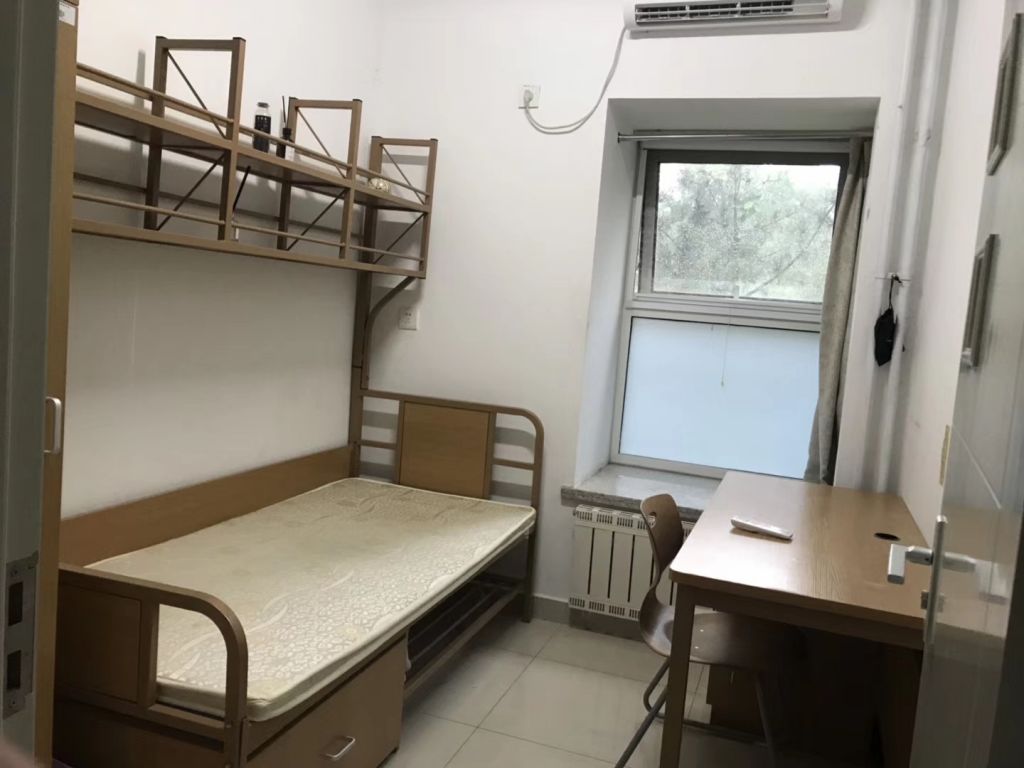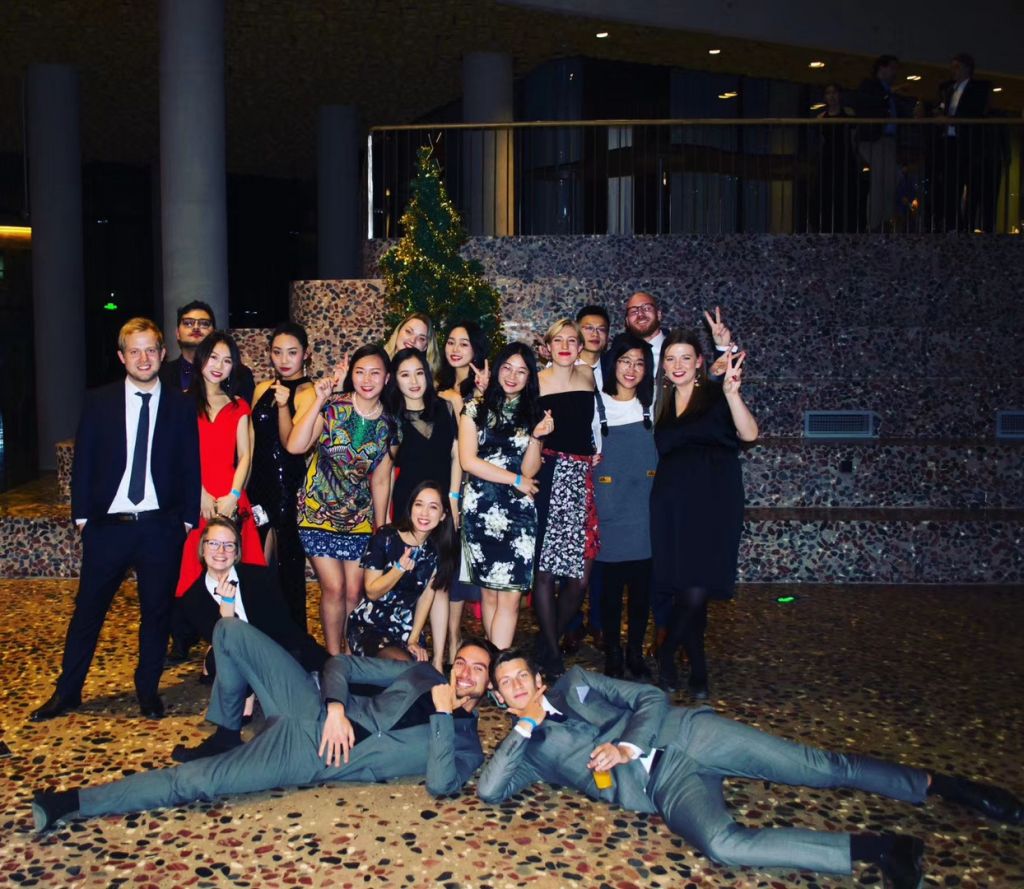It was going to be easy peasy lemon squeezy. I was wrong!

Processed with VSCO with dog2 preset
Honeymoon, Frustration, Adjustment and Acceptance. No, these are not stages of dating on Tinder. If you’ve ever lived abroad you can easily recognize what I’m referring to. These are the four stages of culture shocks. Living abroad is an exhilarating experience. It broadens your worldview and increases curiosity and tolerance. However, moving to a new country can also be challenging and it sometimes carries a feeling of loneliness, of being misunderstood, of being lost.
Why am I writing about this? Well, last week I moved to a new country, my fourth one since 2014. The first country I moved to was Denmark, when I just turned 18. Everything seemed so exciting at that time – but I am half Danish so I was already pretty familiar with the culture; after all I had been visiting the country every summer since I can remember.
Adapting to the Danish culture took a matter of months. I felt safe and at home in Copenhagen, and then I thought if it was this easy to adapt to cultures how come people feel homesick? I know now.

The campus (called Yanqihu Campus) viewed from the Sino-Danish Center building. (Photo by Luisa Gonzalez Boa)
Four years went by when I decided that Copenhagen felt too small, and after my exchange semester in Beijing, I decided it was time to move to Asia. I found the perfect way to do it: through the Sino-Danish Center. At the Sino-Danish Center I could take my master’s degree and obtain both a Chinese degree and a Danish degree from CBS while studying in a multicultural environment.
I spent a year with Chinese, Italians and, of course, Danes. It was going to be an amazing opportunity, and I thought that after living in Copenhagen for five years, attending an international high school, working for a multicultural company as a tour guide for Spanish-speaking tourists, taking an international bachelor’s degree at CBS, and many other events I joined, it was going to be easy peasy lemon squeezy. I was wrong.

Our room. Individual rooms in a shared apartment at the university dormitories. We shared the bathroom and common room between 6-7 people. (Photo by Luisa Gonzalez Boa)
Coming back to the four stages, cultural shock is not just about feeling unfamiliar with your surroundings, or experiencing new food or drinks. It’s not learning to use chopsticks or knowing that it’s acceptable to spit everywhere. In fact, cultural shock can still happen after you become sort of familiar with the new culture. According to the acculturation model, anyone spending long periods abroad will experience these four stages of cultural shock, me included!
The Honeymoon Stage
I arrived at my new campus at 5am in the morning, August 23, 2018. It was already hot – summer days in Beijing can easily reach 33ºC – but the sky was very clear. And then we saw the Great Wall. We could see the Great Wall from our campus, a privilege I don’t think I will ever have again. This was after talking to a taxi driver about the price in Chinese. My Chinese is very poor, and it was even poorer last summer – after all, exchange is much more than academics. And while learning Chinese during exchange was fun, I didn’t take it seriously. It was such a good moment, I was finally home. In my new home.

Yanqi Lake, a very famous lake in northern Beijing that was only five minutes walk from our campus. (Photo by Luisa Gonzalez Boa)
The following few weeks were about introductory activities. We were warned about cultural shocks back in Denmark during a seminar, but you can’t learn about different cultures sitting in a conference room listening to others. You have to experience it. So there we were, 28 students trying to make the most out of the intro weeks, getting to know each other, going to eat Chinese food, to karaoke, etc. Anything Chinese that we could do, we were down for it.
This is the Honeymoon stage, where everything seems exciting, your attitude towards the new culture is overwhelmingly positive, you become infatuated with the language, the food, the people, and you feel that coming to this country was the greatest decision you ever made.
We discovered how amazing Chinese hotpot is when you share it with locals who understand what is written on the menu, we did karaoke – something I would have never done in Europe, and we even wrote basic Chinese words in our phones so we could practice every time we had a chance!
The Frustration Stage
The excitement didn’t last long. While it’s true that living abroad is always exciting in some way, there’s a point at which not being able to communicate with the taxi driver is just not so fun anymore. This is of course not the driver’s fault – he’s the one speaking the local language after all. But slowly you start feeling exhausted from all the miscommunication, not understating gestures, the language, and more importantly in an academic setting: the way we work in groups. We were told that we would have very different approaches to groupwork.

We hosted a winter gala where we tried to mix some Danish Christmas traditions with Chinese elements. The people in the picture are all students from my program, MSc Public Management and Social Development (incl. me)
From our side we might experience that the Chinese students prefer to avoid confrontation and discussions, and, due to their English skills, might not be able to express precisely what they mean. On their side, Danes could come across as aggressive and bossy. I believe ‘discussions’ are an essential part of groupwork, including disagreements and confrontation, and I felt frustrated when I thought that the Chinese students were not engaged.

The exterior of the SDC during winter. (Photo by Luisa Gonzalez Boa)
The key is to be patient, try to put yourself in the other person’s shoes, and understand their perspective. Suddenly I remembered how hard it was for me to engage in critical discussions during my first semester at CBS, and then I was not upset anymore. Instead, we adapted a new strategy where wrote the bullet points on a whiteboard in case people felt left out or did not follow the conversation due to language barriers; and it worked. The Chinese students started to feel more comfortable around us, and we felt the same, and conversations and discussions started to gain a natural flow.
Frustration comes and goes, and it’s a completely natural feeling when you stay in a new country for an extended period. Homesickness starts to kick in and you start dreaming about the day you can go back home where everything feels comfortable. I started to miss campus life in Denmark, commuting every morning, doing grocery shopping – in China we did not have a kitchen so we relied on the canteen every day.
I even missed studying at Nexus!
The Adjustment Stage
Once you start accepting these differences and learn how to react to inconveniences that might arise, you start feeling familiar and comfortable with the new culture – now you even integrate some aspects of the culture as your own.
Suddenly life is easy.
You know how to order food, you have new local friends, you open WeChat before you open Facebook and you start recognizing Chinese characters in street signs. You start accepting that there’s more than one right way of working, and most importantly, you start learning from each other. We voluntarily formed a mixed culture group for our first exam – and we got a 12!
The Acceptance Stage
After weeks or months of wrestling with the emotional stages – we get to our final stage. Acceptance – which doesn’t mean that everything is suddenly completely understood. Rather, you accept that you don’t have to understand everything in order to function and thrive in the new culture. You feel at ease, maybe even at home. And when this stage is reached, going back can produce a reverse culture shock, so be careful!

The International Conference center in campus. (Photo by Luisa Gonzalez Boa)
There’s no magic recipe for going from honeymoon to acceptance. Moving to a new country is very hard. And the further away it is, the harder it becomes. Adapting to Denmark was just a matter of time. Probably my biggest cultural shock in Denmark was how people can be really cold at first – but once you get to know them everything changes. But living in China was an adventure, a big one. And after many ups and downs, I am thankful for the experience, the people I met on the way and how much I learnt.
Now I recently moved to Thailand two weeks ago, and I can’t wait to see what awaits me in this country, which I will call home for the next six months.
Here’s some advice – and while it’s very easy to say, it’s not so easy to do. Stop comparing everything to your home country. It doesn’t work that way. Try to find similarities, what unites your culture and the new one. Ah! And don’t give up.
After all, I am not telling you it is going to be easy, I am telling you it is going to be worth it!

































































































































Comments